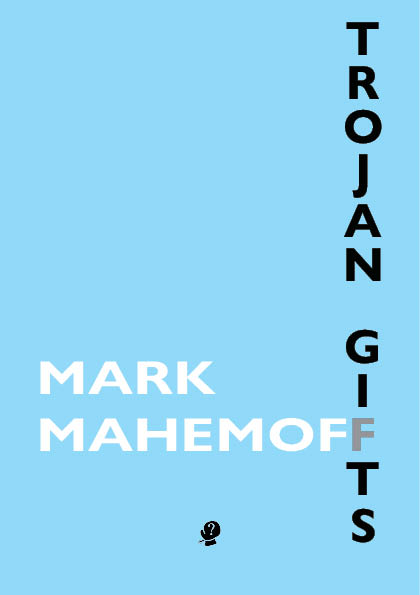Moon Wrasse
I Have Decided to Remain Vertical
Gayelene Carbis, in her second collection I Have Decided To Remain Vertical, pushes ideas and images beyond autobiography into that slightly surreal, sometimes whimsical, often heartbreaking territory of the poem that sings even as it laments, that can bring artfulness and authenticity into communion, and balances itself on a knife-edge of irony.
Swimmer in the Dust
For me, The Mirror Hurlers (P&W) was one of 2019’s best books of poetry. Ross Gillett’s latest book, Swimmer in the Dust, builds upon this rich legacy—displaying a mastery of tone and tonal drift, of nuance and ambiguity. His capacity to imbue the inanimate with life—and believably so—often astonishes. Gillett is a poet (should I say, a philosopher-poet?), possessed of a receptivity, an openness to difference; and the possessor of extraordinary emotional intelligence. Ross Gillett’s poetic vision continues to grow.
John A Scott
Journal of the First Step
These poems seek to evoke the often subtle yet ultimately profound shifts in awareness which occur when we calm somewhat our habitual anxieties
and cravings – with guidance in this case from the teachings of Gautama Buddha – and the mind’s observation is steadied. And they reflect on
both the personal and societal implications which attend such changes.
Increments of the Everyday
Rarely has the (covid normal) quotidian been so lovely – and so full of dread. Rarely has breath been so dangerous – or so treasured. Within the thoughtful cadences of Increments of The Everyday the world is going about its work – while a woman watches. Rose Lucas has achieved wonders.
Jennifer Compton
This is a collection of poems not afraid to be still. While acknowledging anxiety, isolation and grief, Lucas invites us to breathe in the goodness of relationships, gardens and art…. This is a poetics of openness that Lucas has made quite her own.
Phillip Hall
Increments of the Everyday is an extended meditation on grief and healing. After every loss, there is damage, adjustment, and slow forward movement:
‘attuned attenuated/I am learning to walk/in a way I have not walked before’.
Melinda Smith
The Boy from the War Veteran’s Home
Recent books from Martin Langford have addressed specific themes: Ground explored the evolution of Australian spaces, while Eardrum focused on music. The Boy from the War Veterans’ Home, however, represents a return to the miscellaneous sources from which collections are normally compiled. The title poem is about the difficult life of his father, but other pieces have been prompted by material as various as air dancers, hagfish and midges. Overall, however the collection is still pervaded by Langford’s characteristic concerns: dismay at the ubiquity of triumphalist narratives – not least in our art-forms – and at the fragility of the spaces in which the subject is invited to step beyond them – together with an abiding fascination with the earth’s brilliance and indifference. As well as the main body of poems, there are sections on the ambiguous bounty of story, on the writing life, and on the natural world – and a further supplement of Minims, his brief poems about music.
Trojan Gifts
But Now
Home is Further Away than the Lightning
As signalled by his pen name, Youfou Shidai (Age of UFO), Zhang Chunhua sets his poetry adrift into space, away from humanity, with lingering glances at its mathematics of desire and coming sterility, its ‘thinking fish’ and ‘categories of rubbish’.










